Temozol 20
✅ Shrinks brain tumors
✅ Delays tumor growth
✅ Increases survival rates
✅ Improves quality of life
✅ Reduces cancer symptoms
Temozol contains Temozolomide.
Product Overview
Temozol is a chemotherapy medication containing Temozolomide (20mg) as its active ingredient, formulated in capsule form. This antineoplastic agent is specifically indicated for treating aggressive brain tumors such as glioblastoma multiforme and anaplastic astrocytoma. As an alkylating agent, Temozolomide exerts its therapeutic effect by disrupting DNA replication in rapidly dividing cancer cells, ultimately inducing cellular apoptosis. This prescription medication requires careful administration under the supervision of an oncology specialist in a controlled clinical environment.
Therapeutic Applications
Temozol is principally indicated for:
- Management of glioblastoma multiforme (GBM) – an aggressive primary brain malignancy
- Treatment of anaplastic astrocytoma – a grade III brain tumor in adults
Healthcare providers may also consider its use for other oncological indications based on individual patient assessment. When combined with radiotherapy, Temozol demonstrates enhanced therapeutic efficacy, potentially improving survival outcomes in neuro-oncological cases.
Administration Guidelines
For optimal absorption:
- Take capsules orally on an empty stomach (1 hour before or 2 hours after meals)
- Swallow whole with 240ml (8oz) of water
- Never crush, chew, or open capsules
Dosage regimens are individualized based on:
- Tumor histology and staging
- Body surface area calculations
- Treatment phase (induction vs. maintenance)
- Patient tolerance and hematological parameters
Mechanism of Action
Temozolomide exerts its cytotoxic effects through:
- DNA alkylation at the O6 and N7 positions of guanine
- Induction of DNA mismatch repair defects
- Triggering of apoptosis pathways
This selective activity preferentially targets rapidly proliferating neoplastic cells while demonstrating relative sparing of normal tissues (within therapeutic ranges).
Dosage Protocol
Standard dosing involves:
| Treatment Phase | Dosage | Duration |
|---|---|---|
| Concomitant Phase (with RT) | 75 mg/m²/day | 42 days |
| Maintenance Phase | 150-200 mg/m²/day | 5 days per 28-day cycle |
Dose modifications may be required based on:
- Hematological toxicity
- Hepatic/renal function
- Concomitant medications
Therapeutic Advantages
- Demonstrated efficacy in high-grade gliomas
- Oral bioavailability (~100%)
- Crosses blood-brain barrier effectively
- Synergistic effect with radiotherapy
- Improved progression-free survival in clinical trials
Adverse Effects
| Frequency | Common Reactions | Serious Reactions |
|---|---|---|
| ≥10% | Nausea, fatigue, alopecia | Myelosuppression |
| 1-10% | Anorexia, headache | Pneumocystis pneumonia |
Prophylactic antiemetics are recommended. Regular CBC monitoring is mandatory.
Important Precautions
- Contraindicated in pregnancy (Category D)
- Requires contraception for 6 months post-treatment
- Monitor for myelosuppression (weekly CBC)
- Caution in hepatic/renal impairment
- Potential drug interactions with valproic acid
Storage Conditions
- Store at 20-25°C (68-77°F)
- Protect from moisture and light
- Keep in original packaging
- Dispose of expired medication properly
Medical Disclaimer
The information provided herein is intended for educational purposes only and should not be construed as medical advice. While we strive for accuracy, this content:
- Does not replace professional medical judgment
- May not include all potential adverse effects
- Does not account for individual patient factors
Always consult with a qualified healthcare provider regarding:
- Diagnosis and treatment options
- Potential drug interactions
- Personalized risk-benefit assessment
This information supports but does not replace the critical physician-patient relationship.
| Strength | 20 mg |
|---|---|
| Quantity | 5 Capsule/s, 10 Capsule/s, 15 Capsule/s, 30 Capsule/s, 60 Capsule/s |
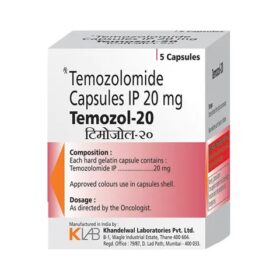 Temozol 20
Temozol 20









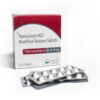
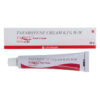
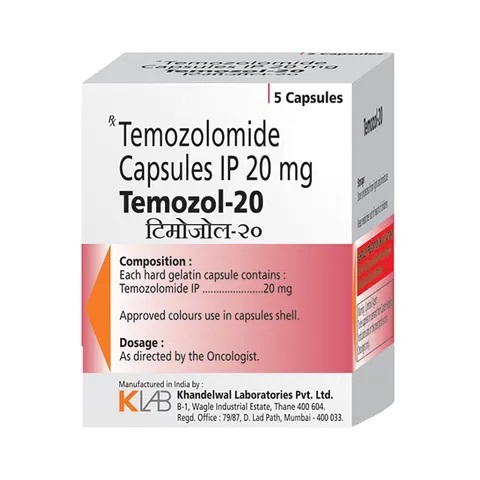
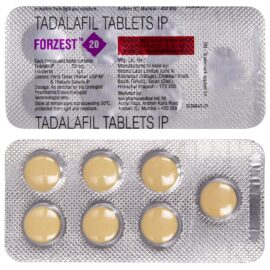
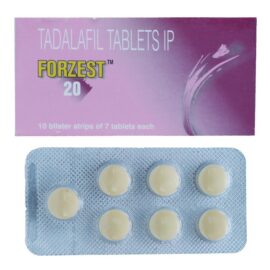
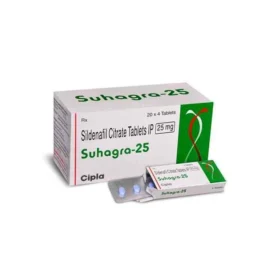
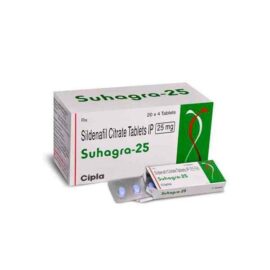
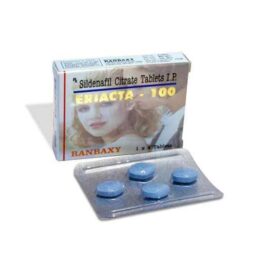

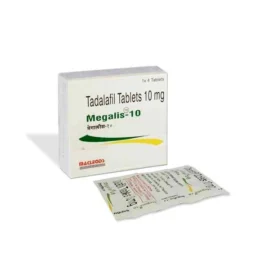
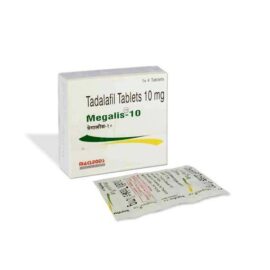
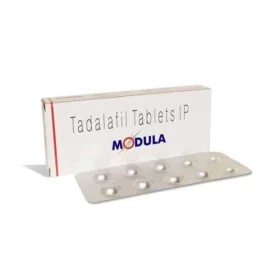
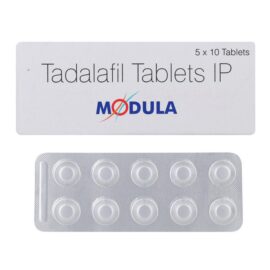
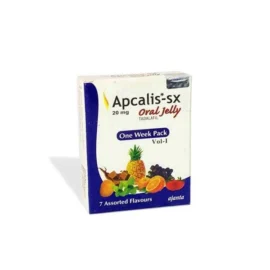
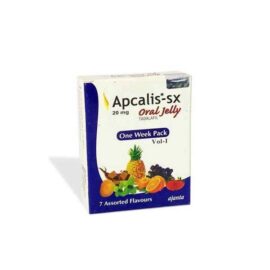
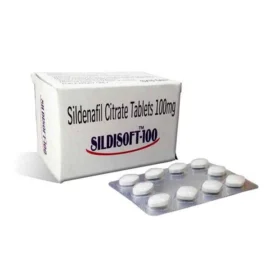
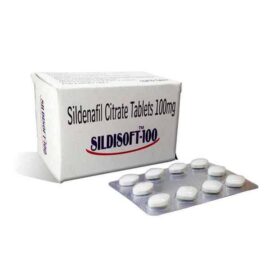
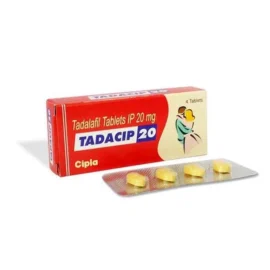
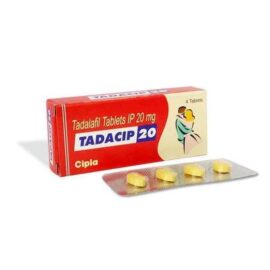
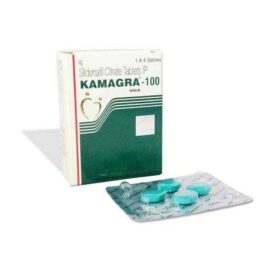
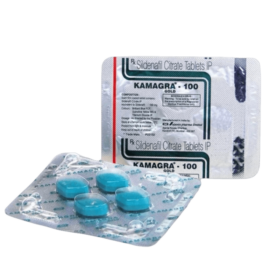
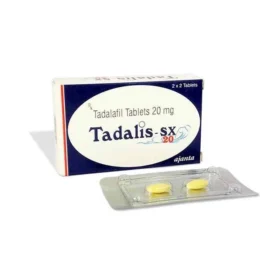
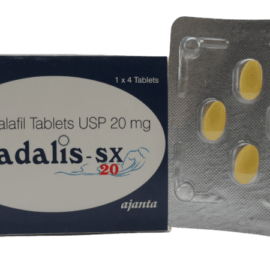

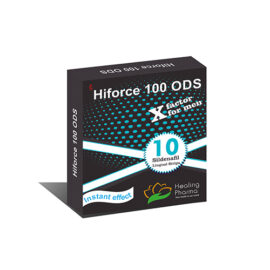
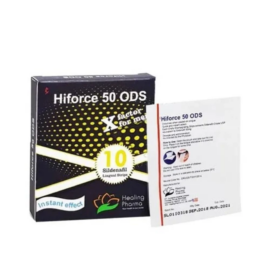
Reviews
There are no reviews yet